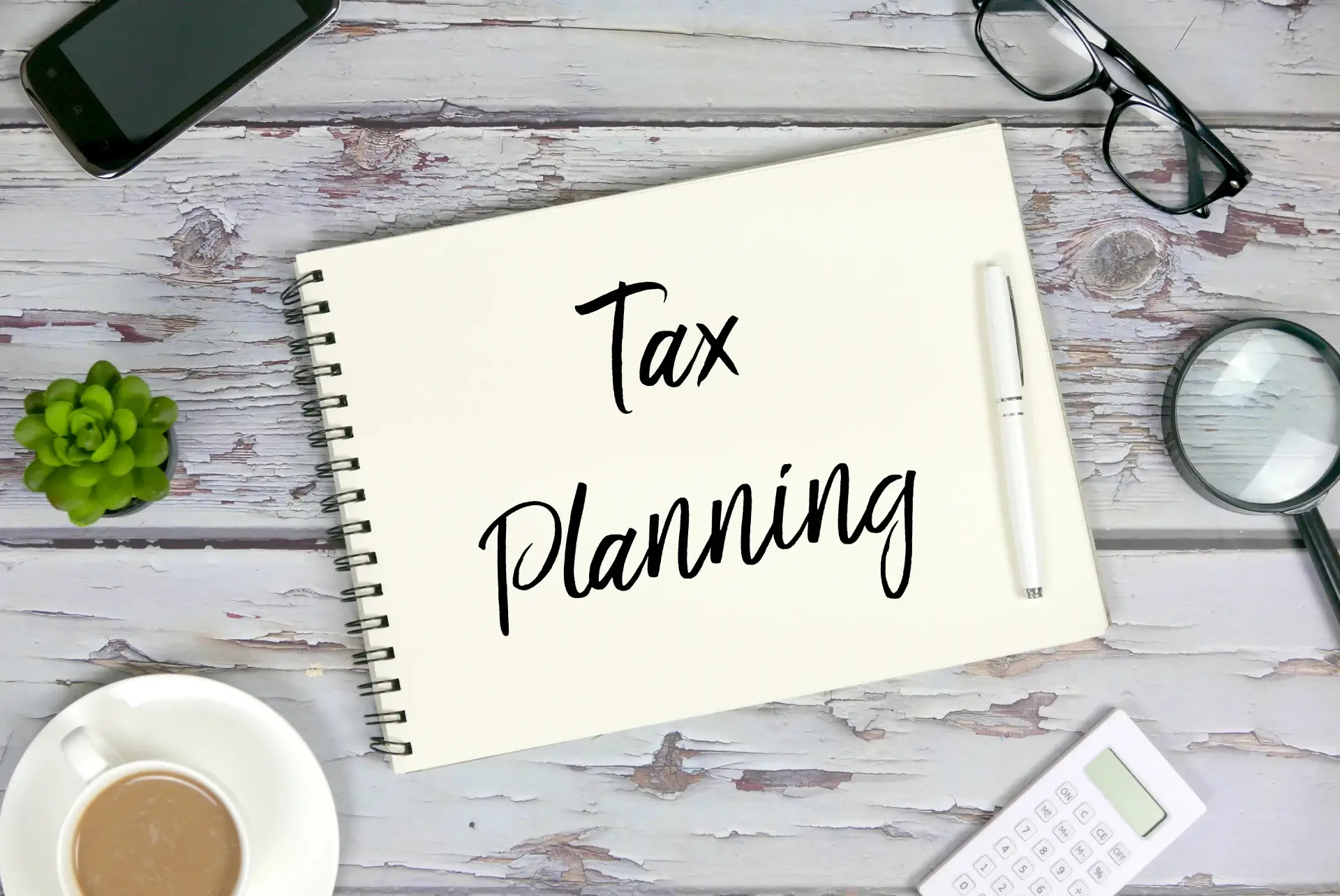Published Aug. 08, 2025 01:24AM EDT
Year-End Tax Planning
April 15 is still a few months away but the end of the year is also an important deadline for tax planning. Now is when to ensure you’ve paid enough taxes during the year to avoid penalties, make expenditures necessary to take advantage of certain deductions and make a plan for the early months of the next year. Below are some of the key questions to ask yourself.
1. Have You Paid Enough Taxes?
High-income earners and those who are self-employed, with their own business or as a partner at a law firm or private equity firm, need to assess whether they’ve paid enough taxes throughout the year. For the self-employed, you should be making estimated tax payments throughout the year and it is important to assess whether you have paid enough. “Enough” can be defined as an amount adequate to fall into the tax safe harbor based on last year’s tax obligation, generally 110 percent of that obligation, or a custom estimate based on actual income in the year. December is the time to make this assessment as it is also when many receive their year-end bonuses, which can impact the taxes needed to avoid penalties.
Although this is most prevalent for business owners, high-income wage earners also need to make this assessment. It is not uncommon, particularly if you receive a large bonus or receive compensation as restricted stock, for the tax withholding calculations done by your employer to under-withhold. The end of the year is thus a good time to assess whether more should be paid.
2. Have You Made Donations, Gifts, or Retirement/College Contributions You Want to Make?
If you intend to deduct charitable contributions for the year or make gifts to family, you need to make the contributions or transfers before year-end. For contributions, be sure to document the donation and allow enough time for the donation to be made if it is something other than a transfer of money. For gifts, while not deductible, now is the time to take advantage of the annual gift exclusion ($18,000 per person in 2024).
Contributions to your retirement or college savings account typically have a bit more flexibility on the deadline. IRA contributions can be made through April 15. Regardless, now is a good time to plan to make those contributions if they are not to be made prior to year-end.
For retirement accounts, it is also a good time to evaluate whether you want to make any conversions from a traditional IRA to a ROTH IRA. This will create a tax obligation, which is easier to estimate at year-end because we have a close-to-final view of your total income for the year.
3. Do You Need to Take Any Required Distributions?
If you have retirement accounts and are over the age of 73—or you inherited a retirement account—you should assess if you need to take a required minimum distribution from the accounts. The penalties for not taking these distributions can be substantial—25 percent of every dollar not distributed that should have been.
The rules around inherited accounts were updated and published in 2024 and are quite nuanced. Accordingly, it is worth consulting with your tax advisor or financial advisor on the best approach to take.
4. Should You Exercise Any Stock Options?
The end of the year is a good time to review any stock options you have to determine if it is tax-efficient to exercise them in the current year or later. This primarily depends on whether you expect to be in a higher, lower, or the same tax bracket in the future. For example, if you expect to have more income next year that will push you into a higher tax bracket, now could be a good time to exercise options. Now is also a good time to assess whether any options are expiring to ensure you do not leave money on the table.
5. Should You “Harvest” Any Capital Losses?
Speak with your financial advisor to determine if you have had any capital gains in the year such that it might be wise to realize some losses to offset those gains. A capital loss can offset only $3,000 of ordinary (i.e., not investment) income such that the best use for these losses is often to reduce the tax burden on your gains.





